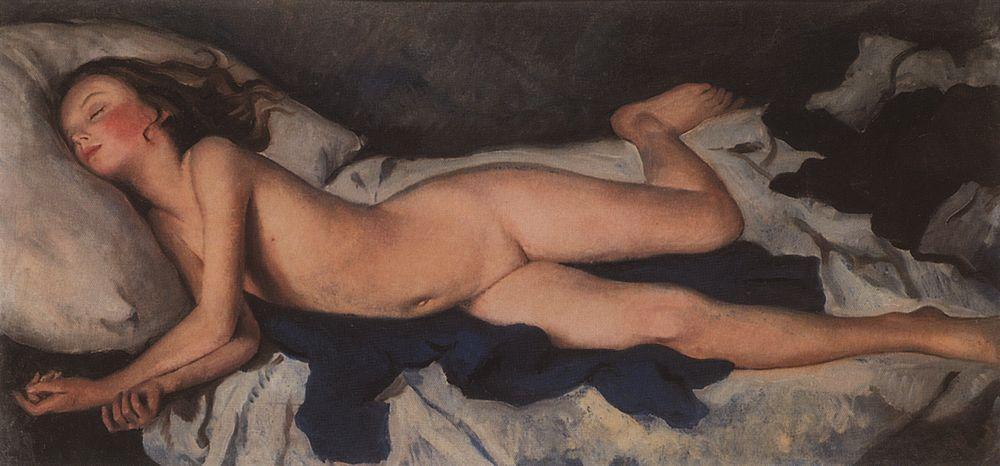
Around 1900, the occultist Aleister Crowley sailed for Hawaii aboard the Nippon Maru. On the ship he met a married woman named Mary Alice Rogers and had a love affair with her. He wrote a series of poems about the romance, which he collected in a booklet entitled Alice: An Adultery. It was published privately in 1903, then a second edition was published by the Society for the Propagation of Religious Truth in 1905.
I quote from The 100th Monkey Press the comments by Crowley on this affair:
…I had a vague idea of getting a hut and a native girl, and devoting myself to poetry of the most wholesome kind with corresponding Magick. However, at the hotel was an exquisitely beautiful American woman of Scottish origin. She was ten years older than myself and had a boy with her just entering into his teens. She was married to a lawyer in the States and had come to Hawaii to escape hay fever.
…The woman was herself worthless from the points of view of the poet. Only very exceptional characters are capable of producing the positive effect; but it is just such women as Alice who inspire masterpieces, for they do not interfere with one’s work. Passionately as I was in love, and crazily as I was behaving in consequence, I was still able to make daily notes of the progress of the affair with the detached cynicism of a third party. I took her with me to Japan, but there was not enough in her character to count “the world well lost for love”. Exactly fifty days after I had met her she beat it back to her “provider”; and I understood immediately why my subconsciousness had insisted on my scribbling the details of our liaison in my diary.
The departure of Alice inspired me to write the story of our love in a sonnet sequence. Each day was to immortalize its events in poetry. This again was one of my characteristically crude ideas, yet the result was surprisingly good — much better, perhaps, than I ever thought, or think now.
— The Confessions of Aleister Crowley, New York, NY, Hill and Wang (1969). Pages 226–227.
I have chosen from this collection a beautiful love poem, sensuous, ecstatic and passionate:
ALICE
by Aleister Crowley
THE roses of the world are sad,
The water-lilies pale,
Because my lover takes her lad
Beneath the moonlight veil.
No flower may bloom this happy hour—
Unless my Alice be the flower.
The stars are hidden in dark and mist,
The moon and sun are dead,
Because my love has caught and kissed
My body in her bed.
No light may shine this happy night—
Unless my Alice be the light.
So silent are the thrush, the lark!
The nightingale’s at rest,
Because my love loves the dark,
And has me in her breast.
No song this happy night be heard!—
Unless my Alice be the bird.
The sea that roared around the house
Is fallen from alarms,
Because my lover calls me spouse,
And takes me to her arms.
This night no sound of breakers be!—
Unless my Alice be the sea.
Of man and maid in all the world
Is stilled the swift caress,
Because my lover has me curled
In her own loveliness.
No kiss be such a night as this!—
Unless by Alice be the kiss.
No blade of grass awaiting takes
The dew fresh-fallen above,
Because my lover swoons, and slakes
Her body’s thirst of love.
This night no dewfall from the blue!—
Unless my Alice be the dew.
This night—O never dawn shall crest
The world of wakening,
Because my lover has my breast
On hers for dawn and spring.
This night shall never be withdrawn—
Unless my Alice be the dawn.
Crowley had a high opinion of his collection, and thought that it was impossible to both understand his mysterious poetry and to experience the ecstasy that he felt when writing it. The above quote continues with the following appreciation:
No less a critic than Marcel Schwob called it “a little masterpiece”. And many other people of taste and judgment have professed themselves in love with it. Possibly the simplicity of its realism, its sincere and shame-free expression of every facet of my mind, constitute real merit. It is certainly true that most people find much of my work hard to read. The intensity of my passion, the profundity of my introspection, and my addiction to obscure allusions, demand the reader serious study, that he may grasp my meaning; and subsequent re-reading after my thought has been assimilated; until, no intellectual obstacle interrupting, he may be carried away by the current of my music and swept but it into the ocean of ecstasy which I myself reached when I wrote the poem. I am aware that few modern readers are capable of settling down deliberately to decipher me. And those who are may for that very reason be incapable of the orgiastic frenzy. Scholarship and passion rarely go together. But my muse is the daughter of Hermes and the mistress of Dionysus.
Source of the poem: Alice: an Adultery, in The Collected Works of Aleister Crowley, Volume II (1906). See the digitisation of the original on David Moews’s home page, and the simple text online version by The Hermetic Library.
This is a revised version of a post previously published on Agapeta, 2017/07/04.

